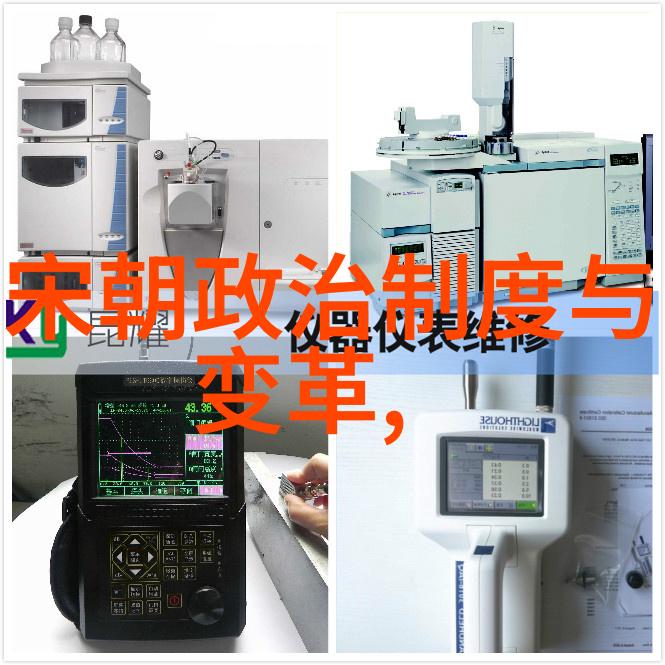Hidden Gems of Chinas Past Intriguing Stories from
Hidden Gems of China's Past: Intriguing Stories from the Country's Rich History in English

The Great Wall of China's Original Purpose
The Great Wall, a symbol of Chinese engineering prowess and resilience, has long been touted as a military defense structure. However, its original purpose was far more complex than that. Built during the Ming Dynasty (1368-1644), this marvel was initially designed to control trade routes and protect against nomadic invasions rather than solely serve as a barrier against enemy armies.

The Terracotta Army's Hidden Chamber
In 1974, archaeologists stumbled upon one of history's most fascinating discoveries: the Terracotta Army in Xi'an, Shaanxi Province. What they found were over 8,000 life-sized terracotta soldiers guarding Emperor Qin Shi Huangdi's tomb for eternity. But did you know that there is an additional chamber yet to be fully excavated? This hidden chamber is believed to contain even more artifacts and secrets waiting to be unearthed.

Peking Opera Masks' Symbolism
Peking Opera is one such art form that showcases the depth of Chinese culture through intricate performances and elaborate costumes—particularly those masks worn by actors portraying different characters on stage.

Ancient Silk Road Cities
Stretching across vast expanses from China to Rome, the ancient Silk Road network connected civilizations like never before in human history—a testament to cultural exchange between East and West alike.

The Story Behind Dragon Boat Festival Dishes
One food often associated with Dragon Boat Festival celebrations is zongzi—the glutinous rice dumplings wrapped in bamboo leaves or reeds filled with various fillings like meat or sweet red bean paste.
How Tea Became an Integral Part of Chinese Culture
Tea plays a significant role not only within Chinese cuisine but also as part of their social fabric—it’s integral at family gatherings and business meetings alike—and has shaped much about how people interact today.
Confucius once said "When it comes time for tea drinking," he added gravely," I take my leave." Even though Confucius didn't invent tea himself but his teachings have become intertwined with its rich history in China since then; so much so that some consider him "the first great Teaphilosopher" because he understood well enough about tea ceremonies' symbolic significance which remains important up until today.
Confucian values emphasize respect for tradition while embracing change - these are reflected beautifully within many aspects including tea ceremonies where old customs blend seamlessly into modern-day practices making them truly unique aspects reflecting both stability & growth throughout centuries-long pasts.
This article aims at revealing several captivating stories behind lesser-known historical facts related to China’s rich past – stories we hope will inspire curiosity about our shared human heritage while sparking reflection on how small changes can make big differences over time when combined with strong cultural traditions rooted deeply within society itself; ultimately fostering cross-cultural understanding among us all regardless if we hail from east or west sides of any given world map line drawn years ago – let alone continents apart!



